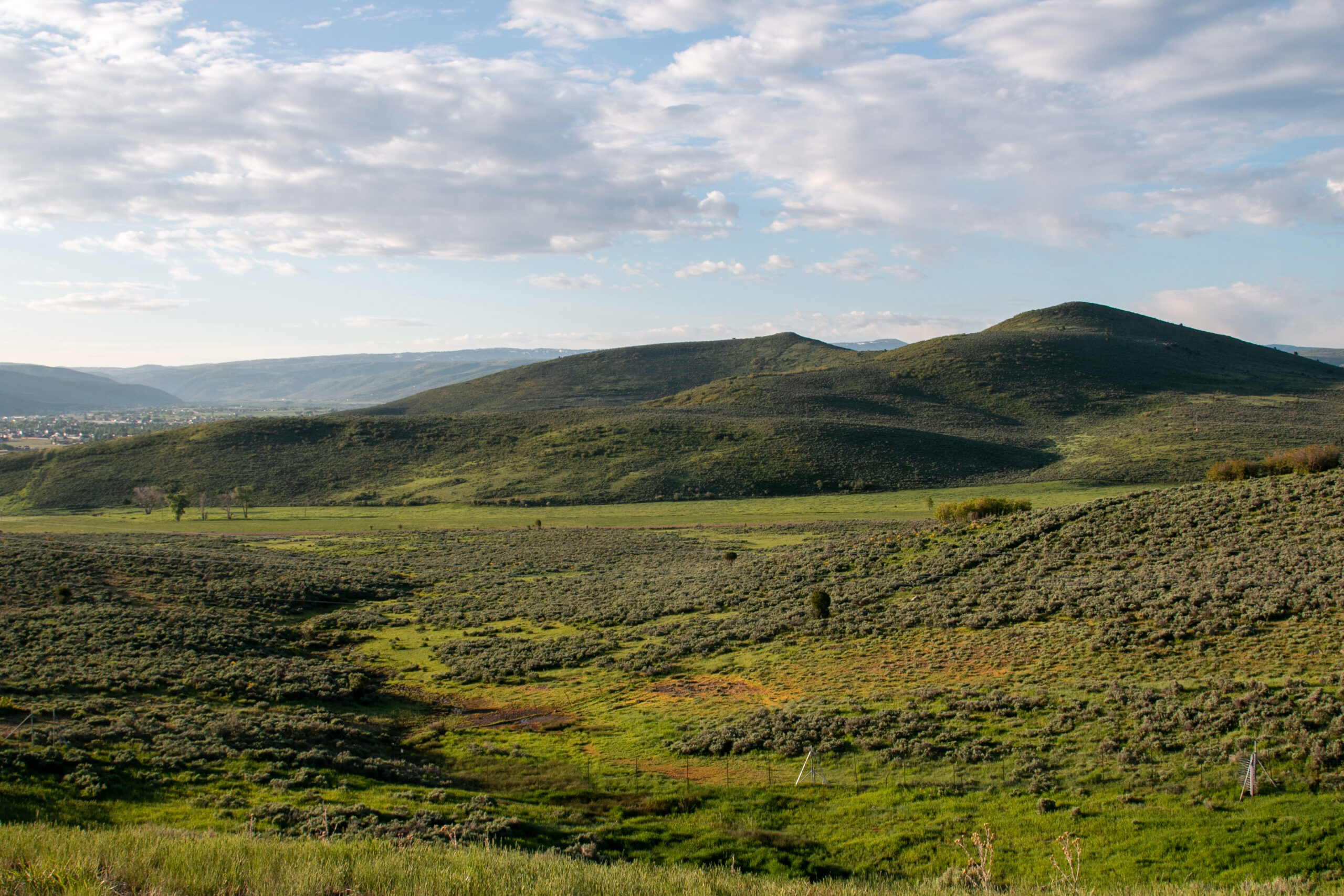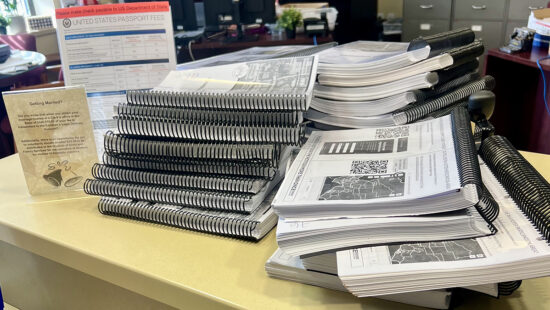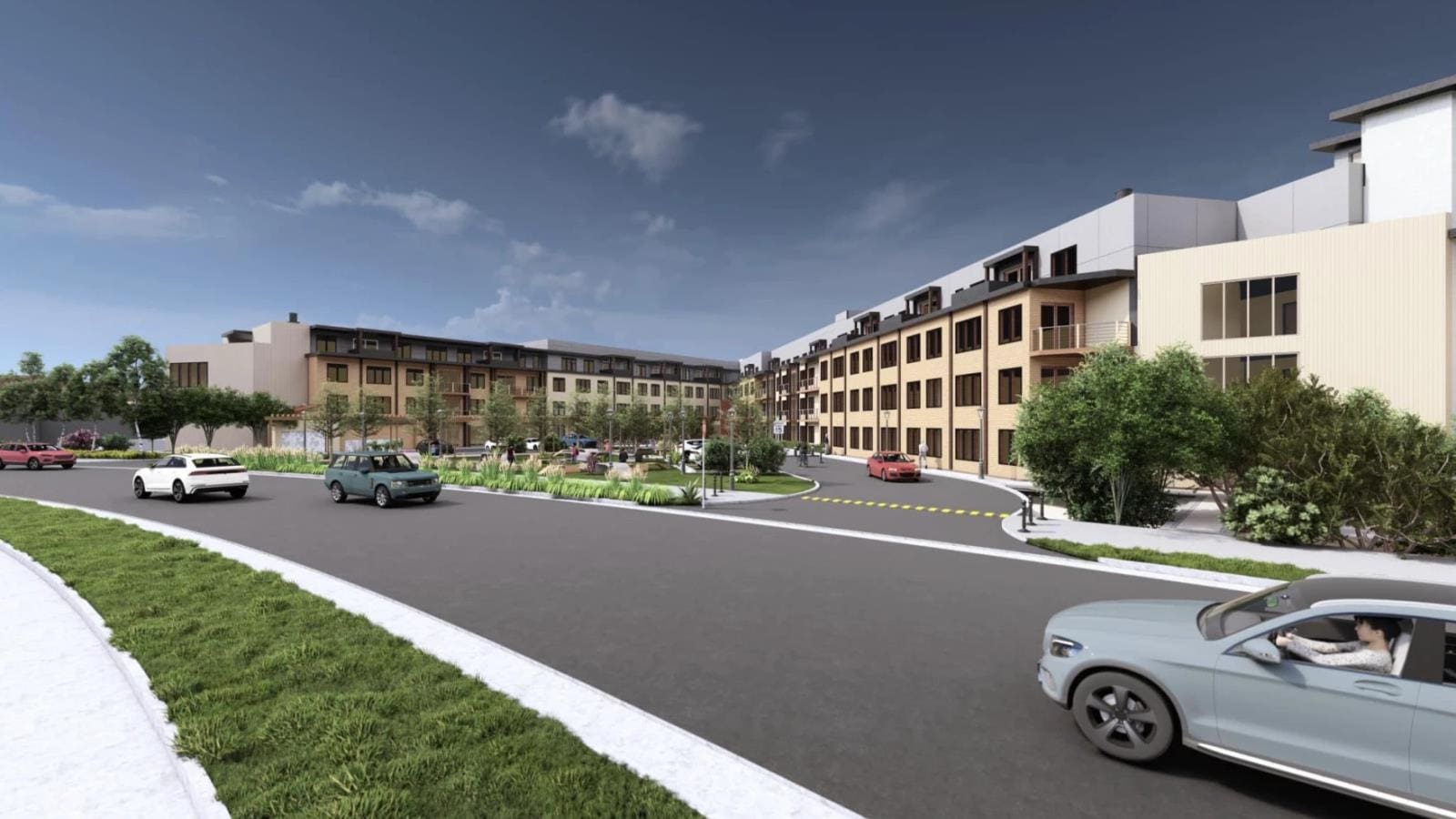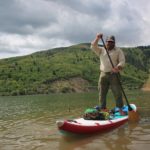Politics
Growth the main concern in local joint meeting about future Olympic bid
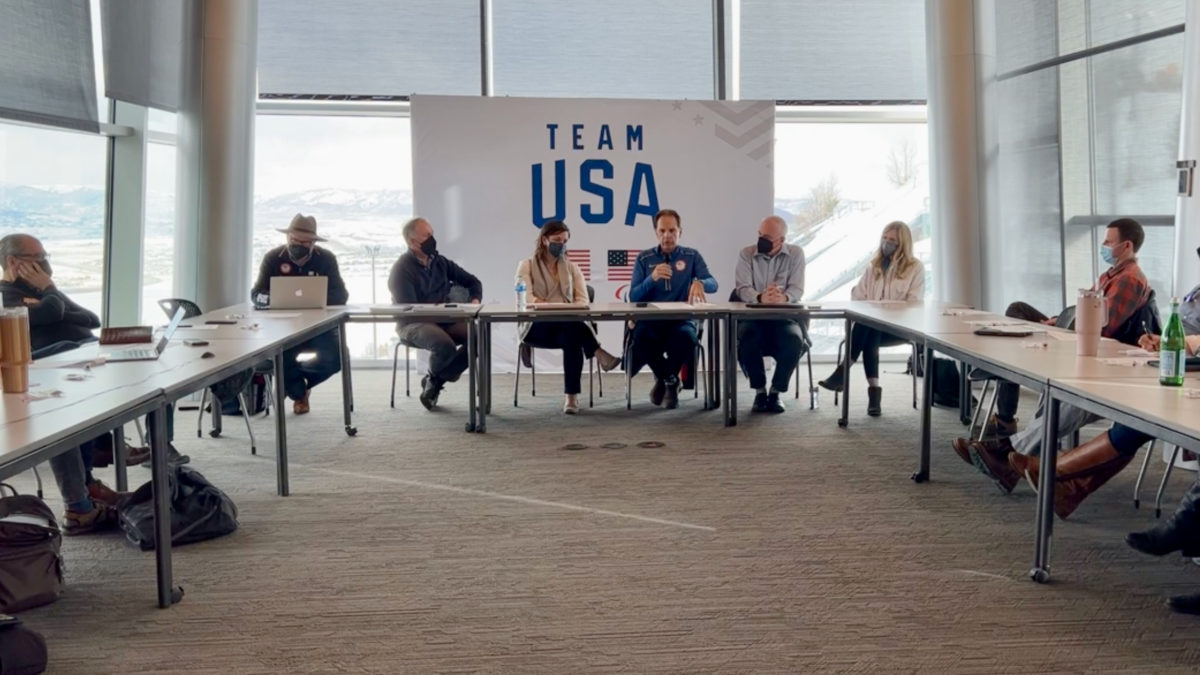
Salt Lake City-Utah Committee for the Games President and CEO Fraser Bullock speaks during the joint meeting on Tuesday at Utah Olympic Park. Photo: Park City Municipal Corporation
PARK CITY, Utah — Members of the Park City Council and Summit County Council met with the Salt Lake City-Utah Committee for the Games at Utah Olympic Park on Tuesday afternoon to discuss a future Olympic bid for 2030 or 2034.
“Now that we have the infrastructure in place, that we have an experienced team, we can lift our heads up and say we want to do more,” said Fraser Bullock, president and CEO of the committee.
“We want to work with our communities into even a more collaborative basis. Last time was great, but we feel we can do more. We want to be completely transparent. We want to be a partner. We want to understand, what is it that you want to accomplish over the next 10 to 15 years?”
The committee’s bid budget is $3.8 million, which Bullock compared to Chicago’s $100 million 2016 bid attempt. He has previously stated that Utah wouldn’t have to build new venues for the Games.
In December 2014, the International Olympic Committee (IOC) adopted the Olympic Agenda 2020, which sought to mitigate the high costs and reputational risk that came with the former bid process. Rather than taking a vote from members after a lengthy interview process, the committee engages with interested parties on a diplomatic level, with a renewed focus on sustainability and cost-efficiency. The final Games to be awarded through a vote was Los Angeles for Summer 2028.
Bullock said the Games can be awarded at any time, and conceded that there are economic and geopolitical challenges with trying to pull off two consecutive Olympics hosted by the U.S.
He said he expects to know whether they’re pursuing 2030 by mid-year 2022, and expects a final choice by the IOC in early 2023. Bullock said he would prefer 2030 specifically because of climate change, and mentioned a recent report that showed the number of cities around the world that could host a Winter Games declining significantly.
Barcelona (Pyrenees Mountains) and Vancouver, which hosted the Games in 2010, were highlighted as key opponents for the 2030 bid.
Park City Councilmember Becca Gerber was a senior at the University of Utah during the 2002 Games, and said “I would love that for my community again, but I guess there are real fears. We are feeling the impacts of over-tourism and feeling like we’re somewhat being crushed by our own success right now.”
“I think we have perceptions among the community that the 2002 Olympics kind of shined a light on Salt Lake City and in particular in Park City. And that was a large contributor to the dramatic growth,” Summit County Councilmember Roger Armstrong said.
“I think that the greatest legacy we leave is what kind of impacts remain post-Games,” he said. “What type of opportunities can we take to lessen those impacts and to cure some problems that we have now?”
Park City’s Tana Toly, who said she spent her 21st birthday watching the moguls event at the 2002 Olympics at Deer Valley Resort, asked the committee members what their response would be if public polling of the Wasatch Back showed disinterest in another Olympics.
“Maybe we don’t have a huge celebration gathering on Main Street because we’ve talked and the you don’t want the downtown core to be that night blinking hotspot… we could scale that back if that is not of interest to the community,” said Darren Hughes, the committee’s bid leader.
It is expected that the IOC and the United States Olympic and Paralympic Committee will conduct polling in Summit County this spring and summer, which Bullock said will play a key role.
Summit County Councilmember Chris Robinson said he heard concerns about the 2002 Games bringing too many people to the area. “This is like 30 years or 25 years ago. And we have a lot of people now… we need to be smart in how we deal with these Games so that we’re planning for good permanent change,” he said.
Appreciate the coverage? Help keep Park City informed.
TownLift is powered by our community. If you value independent, local news that keeps Park City connected and in the know, consider supporting our newsroom.















